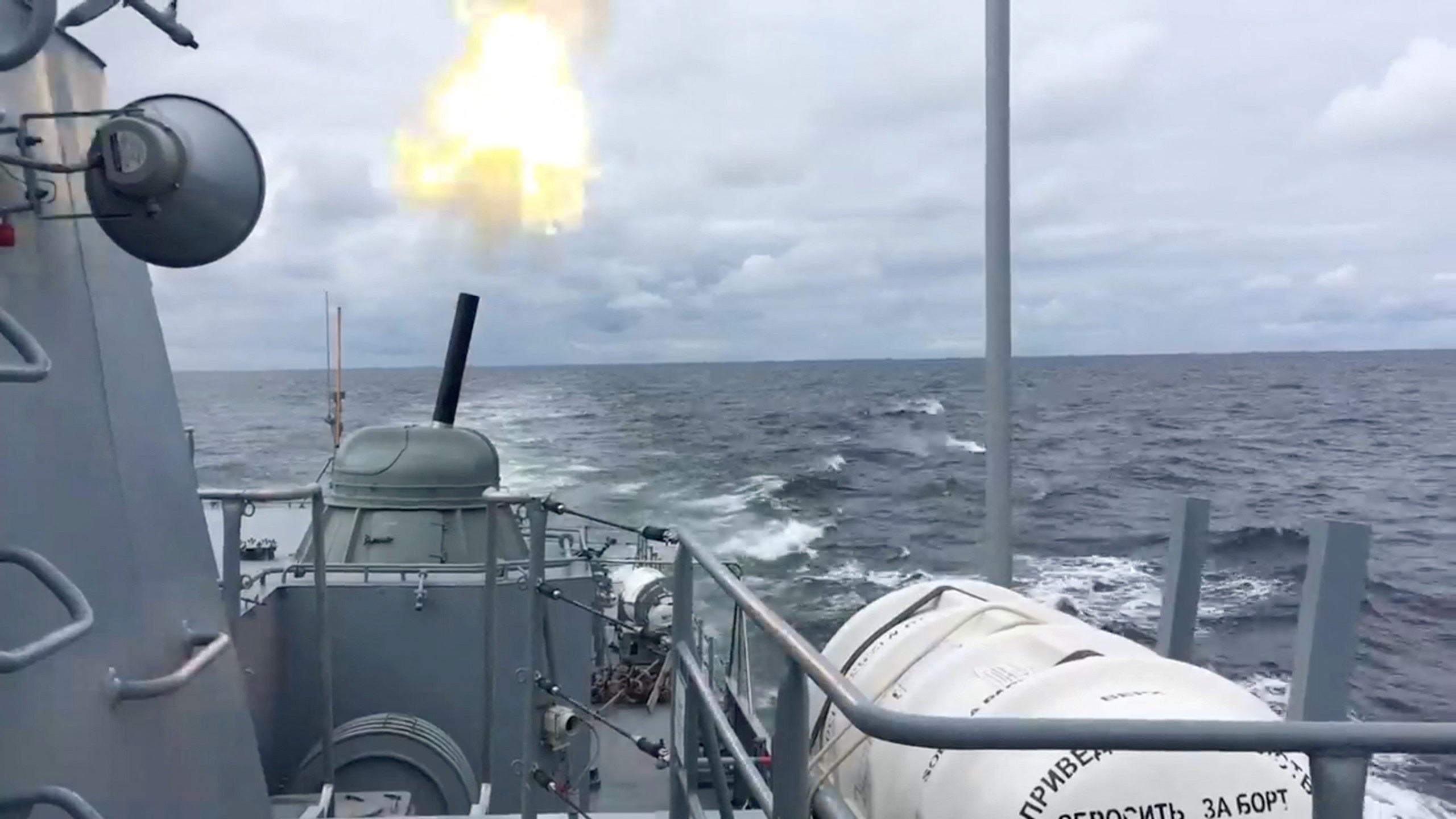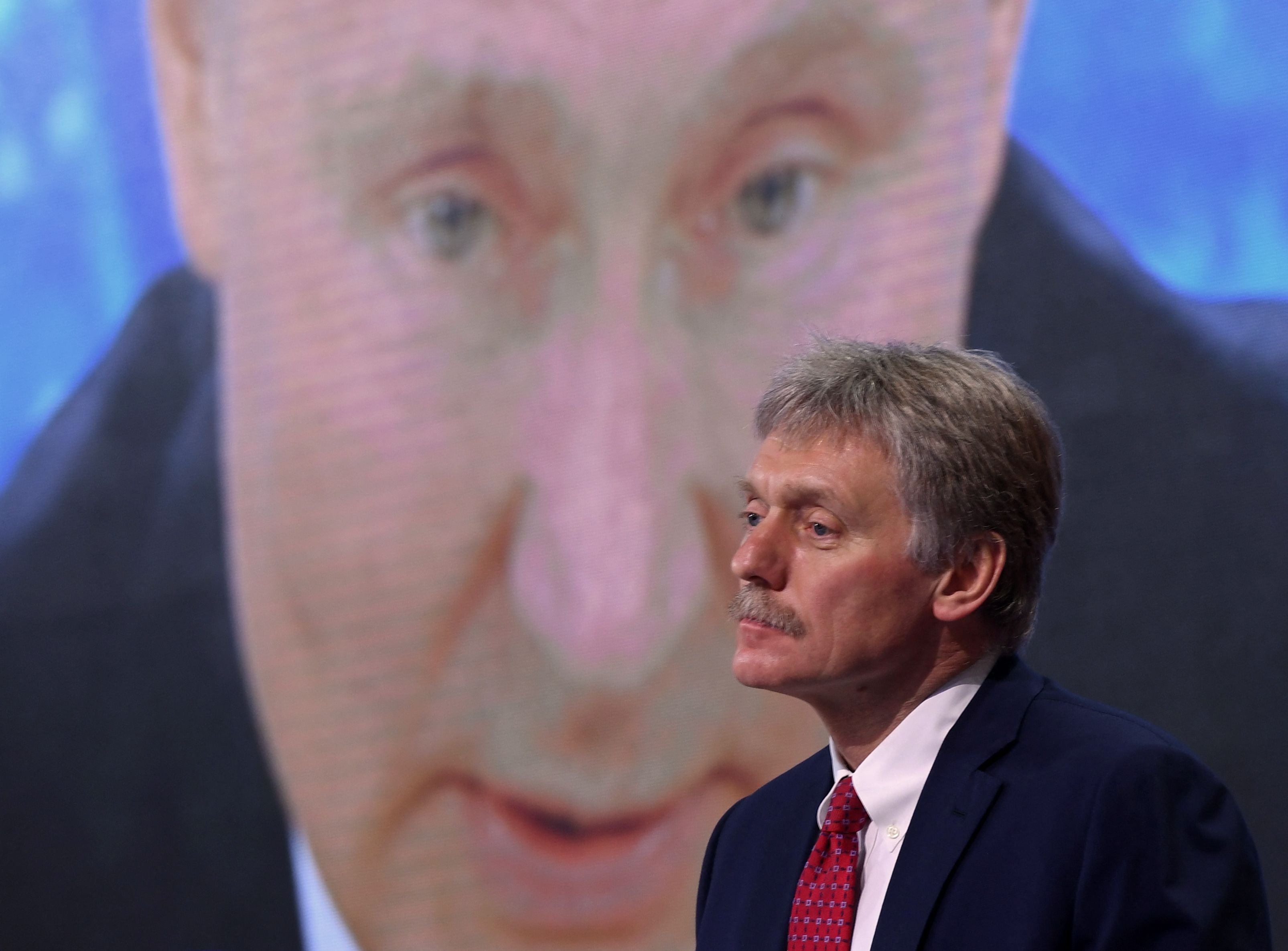Russia warns that Sweden and Finland joining Nato would end ‘nuclear-free Baltics’
Helsinki promises decision about whether to apply to join alliance within weeks, while Stockholm is also reviewing its security policy
Moscow has warned Nato that if Sweden and Finland join the military alliance Russia would have to strengthen its defences in the region, with a threat to deploy nuclear weapons in the Baltic.
“There can be no more talk of any nuclear-free status for the Baltic, the balance must be restored,” said Dmitry Medvedev, deputy chairman of Russia’s Security Council.
“Until today, Russia has not taken such measures and was not going to,” Mr Medvedev said. “If our hand is forced, well ... take note it was not us who proposed this.”
Mr Medvedev did not specify where this would happen or what measures could be implemented, but Russia has its Kaliningrad exclave sandwiched between Poland and Lithuania, and has only recently conducted naval drills in the Baltic Sea.
Kremlin spokesman Dmitry Peskov said Vladimir Putin was also considering how best to bolster Russia’s security in light of the possible development, with the defence ministry due to present him with its proposals on the subject.
Ingrida Simonyte, Lithuania’s prime minister, responded by dismissing the threat to increase Russia’s military in the region as a familiar element of the Kremlin playbook.
“That Russia threatens, it is nothing new,” she told reporters. “Kaliningrad is a very militarized zone, has been for many years, and it is in the Baltic region.”

On Wednesday, Finland said it would take a decision about whether to apply to join the alliance within the next few weeks, while Sweden is also reviewing its security policy with conclusions expected next month.
Sanna Marin, the Finnish prime minister, said her country had to be “prepared for all kinds of actions from Russia”, adding that there was “no other way to have security guarantees” than under Nato‘s Article 5 deterrence and common defence policy, which states that an attack against one should be considered an attack against all.
"I won't give any kind of timetable when we will make our decisions, but I think it will happen quite fast, within weeks not within months," she said.
Finland shares a 1,300-km border with Russia, and recent video footage appeared to show Russia moving military equipment near its border with Finland in an apparent show of strength.

Many Finns have changed their mind on Nato since Russia’s invasion of Ukraine, with more than two-thirds backing membership in a recent poll by broadcaster MTV. The survey found 68 per cent of respondents supported joining the bloc, and only 12 per cent were against.
Sweden, which has not fought a war for over 200 years and is less exposed to Russian aggression as it lacks a land border with Russia, is also mulling joining the bloc.
Magdalena Andersson, the Swedish prime minister, said there were pros and cons of being a member, but the main advantage was the security of Article 5.
Until recently the two Nordic neighbours felt peace was best kept by not publicly choosing sides.
Mr Peskov has previously warned that Russia would have to “rebalance the situation” with its own measures if either country joined Nato.
Join our commenting forum
Join thought-provoking conversations, follow other Independent readers and see their replies
Comments


Bookmark popover
Removed from bookmarks